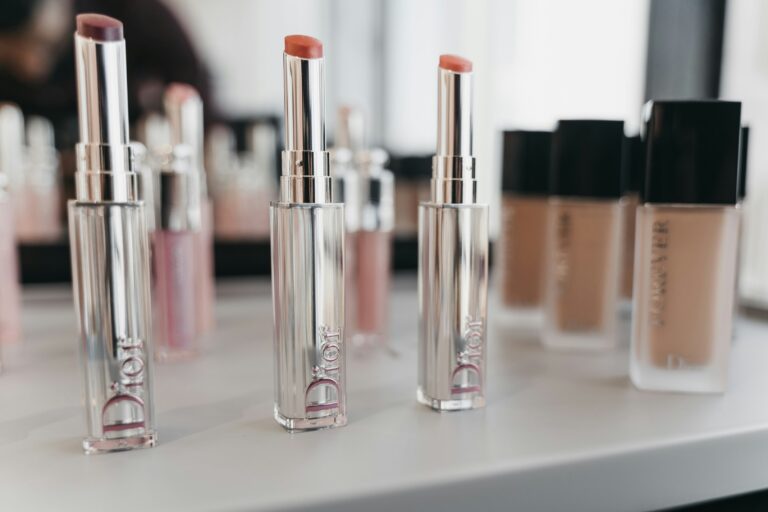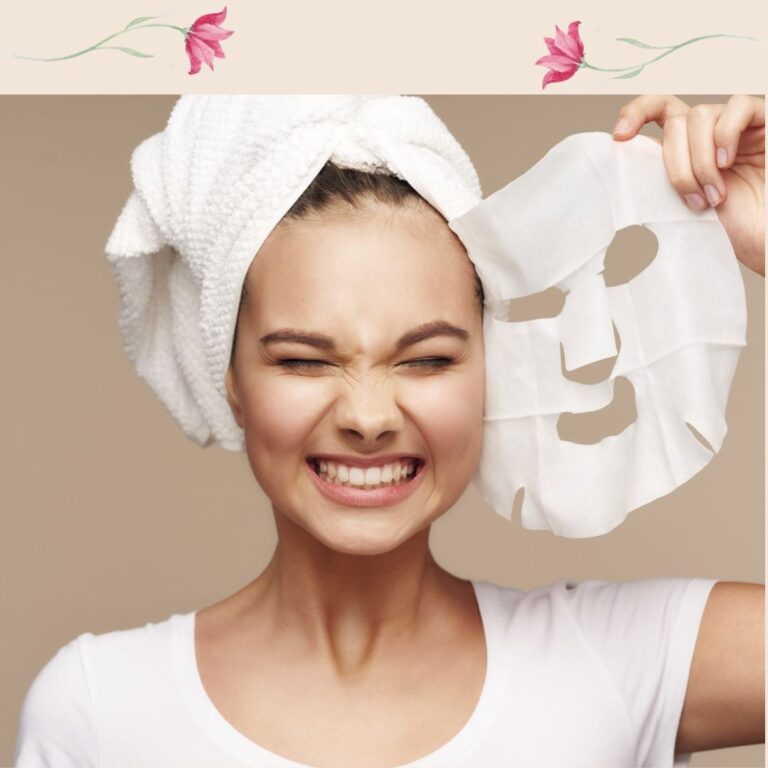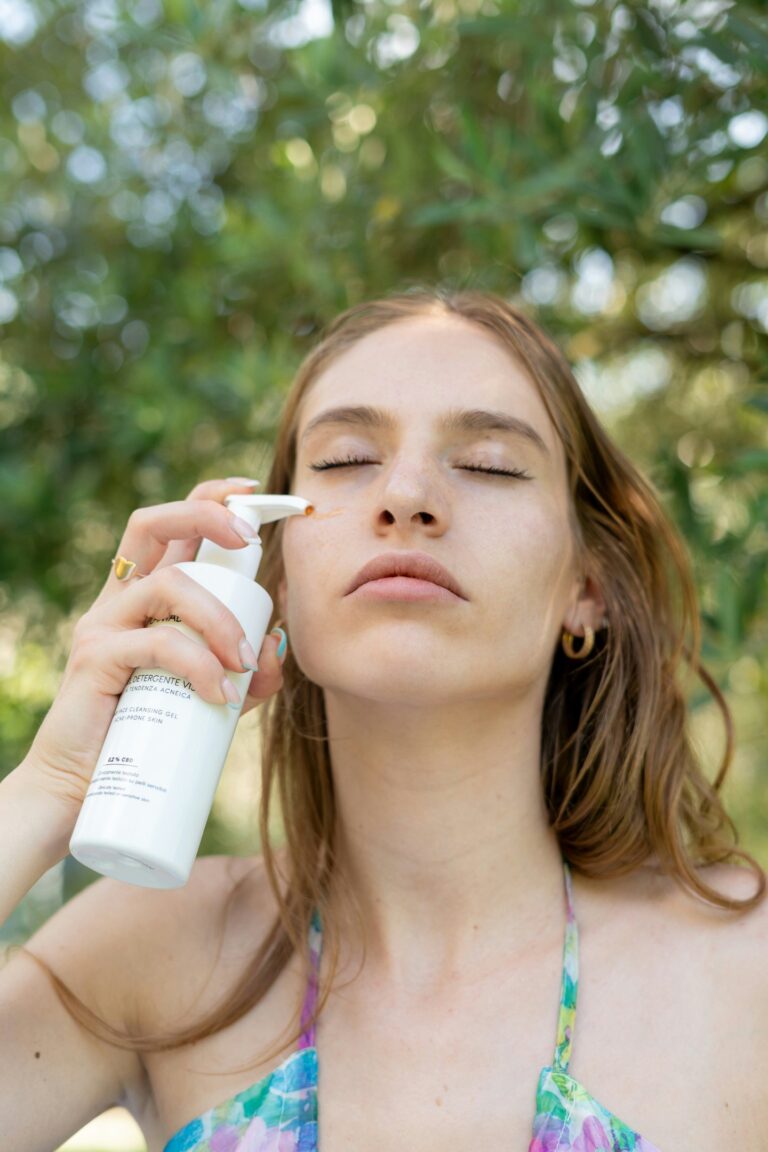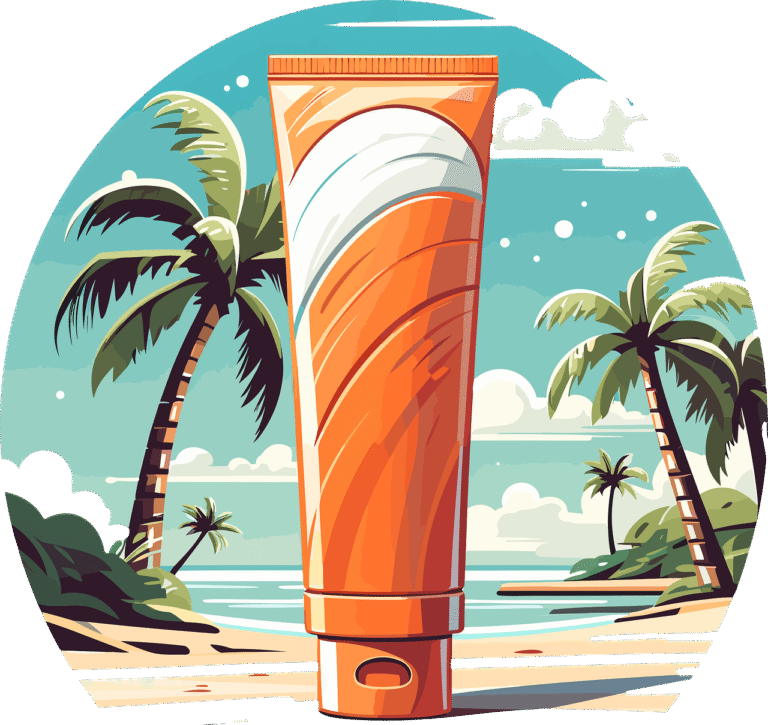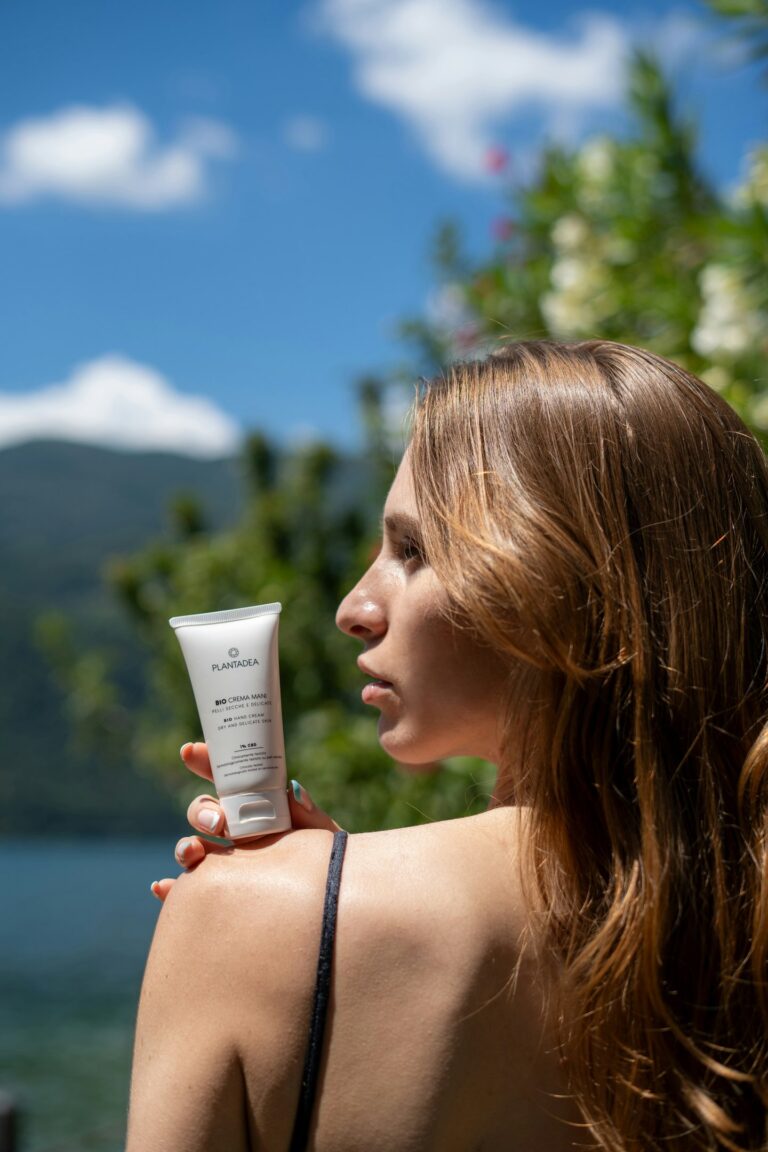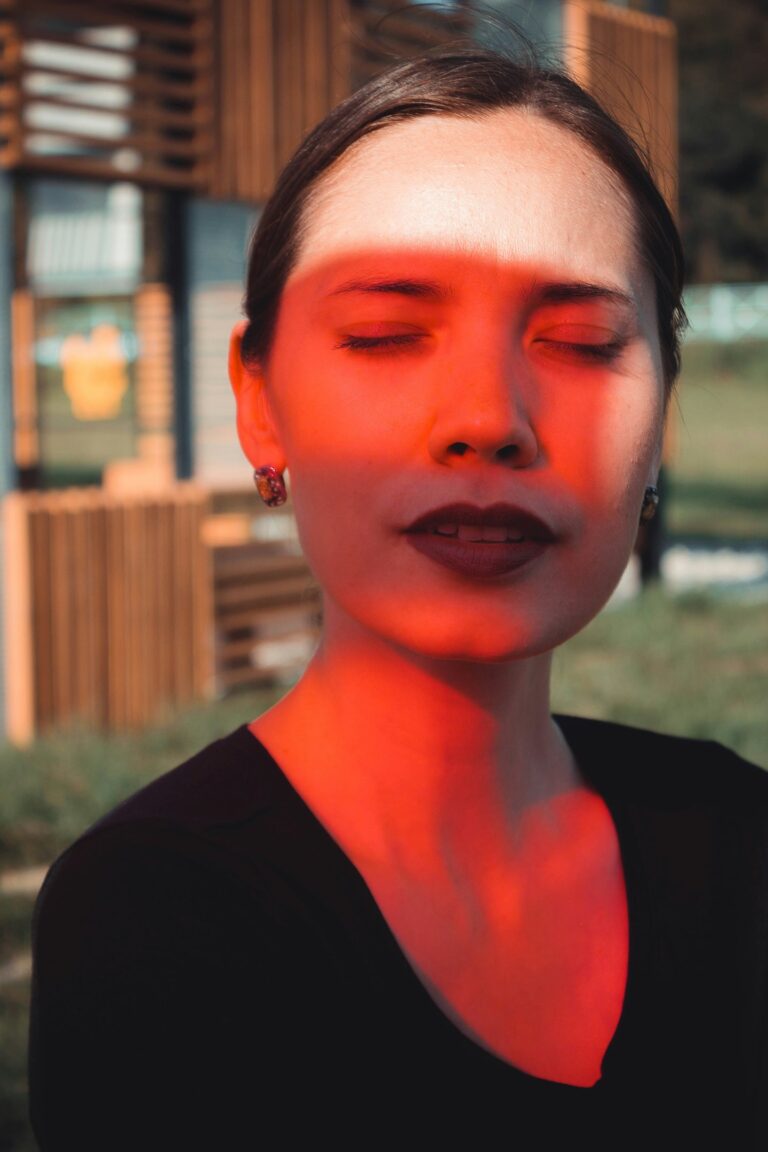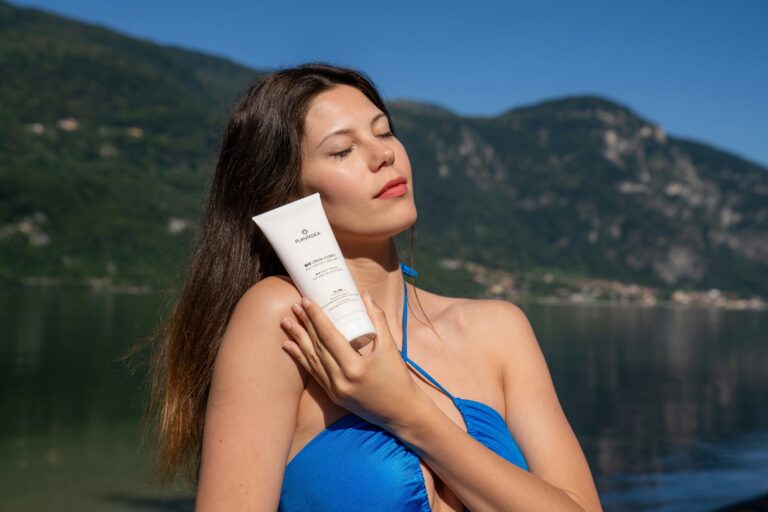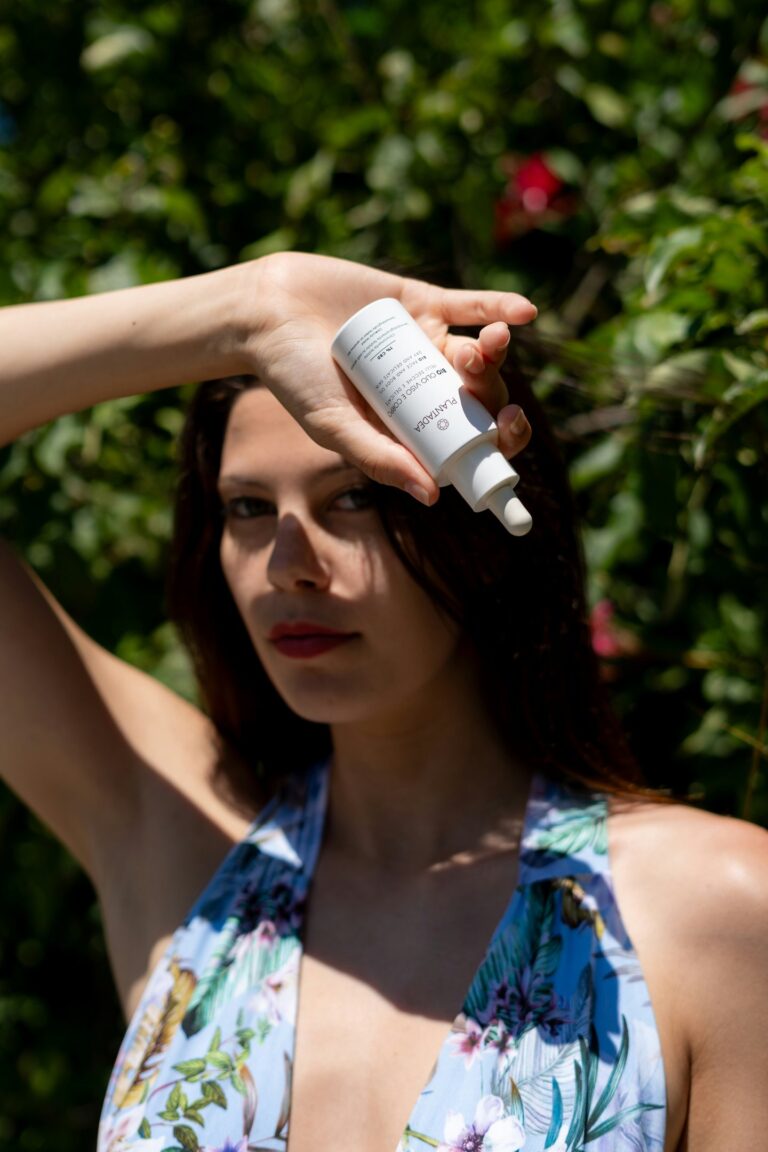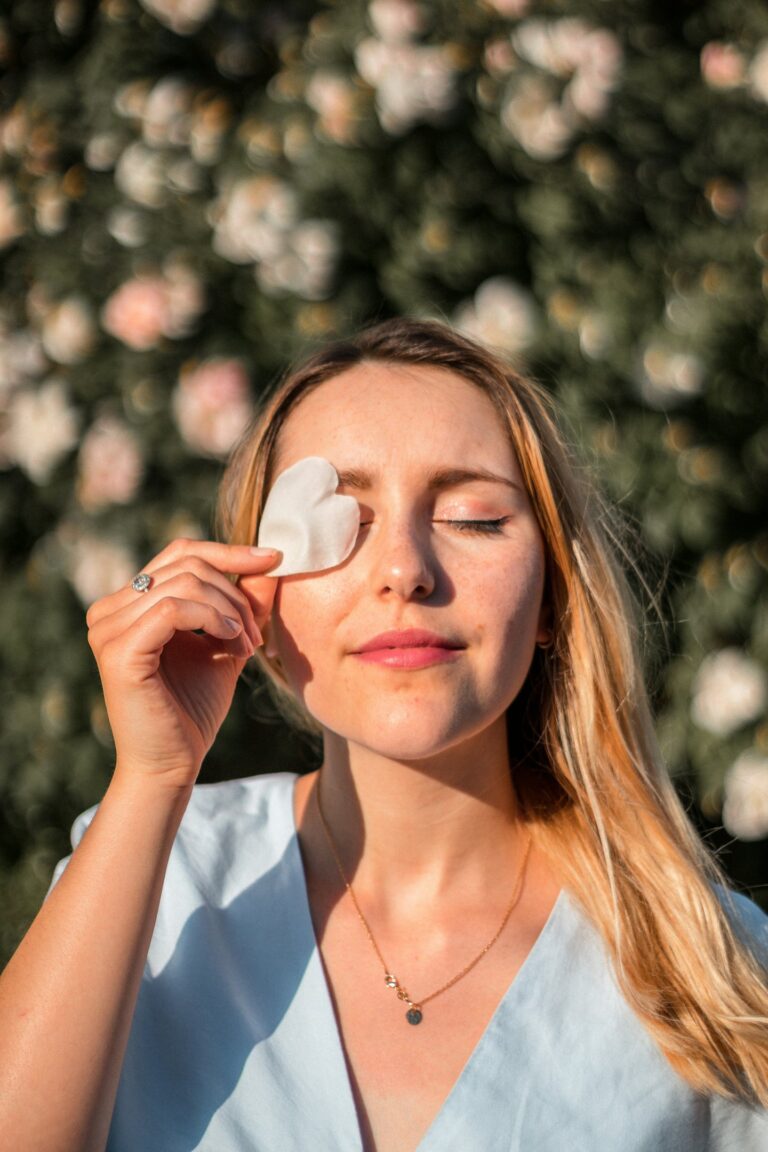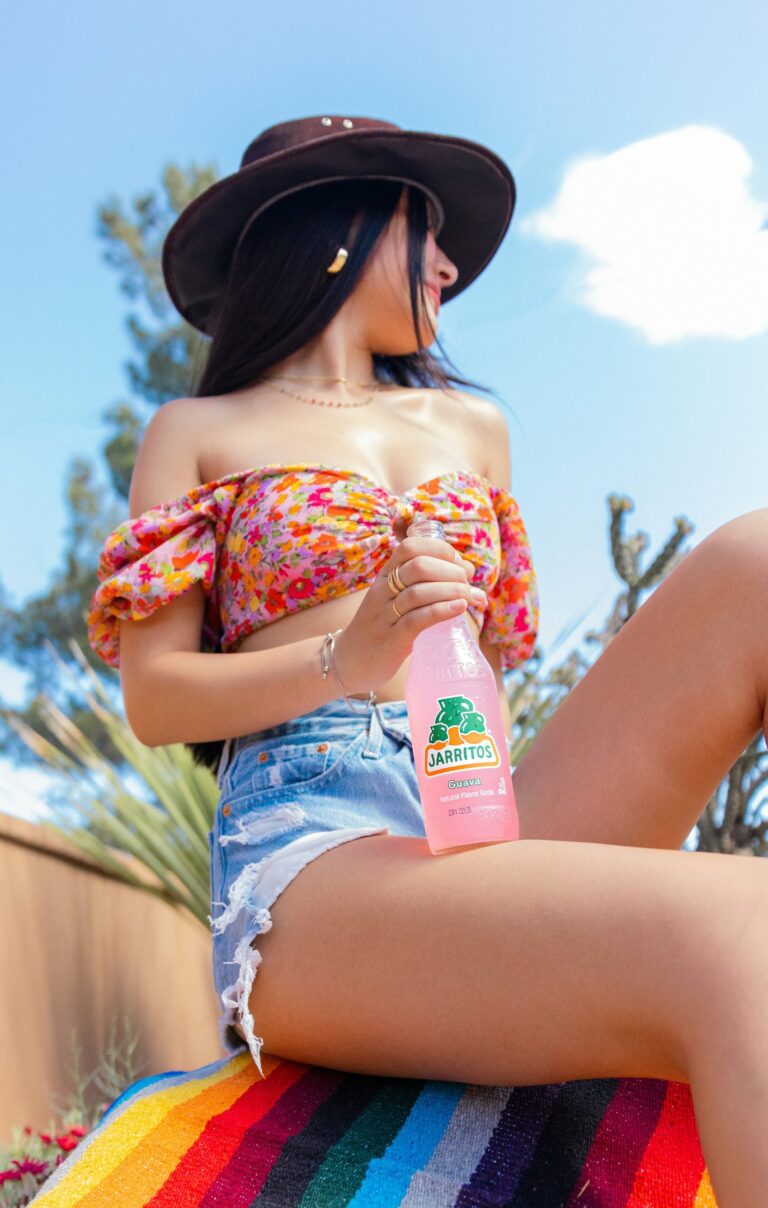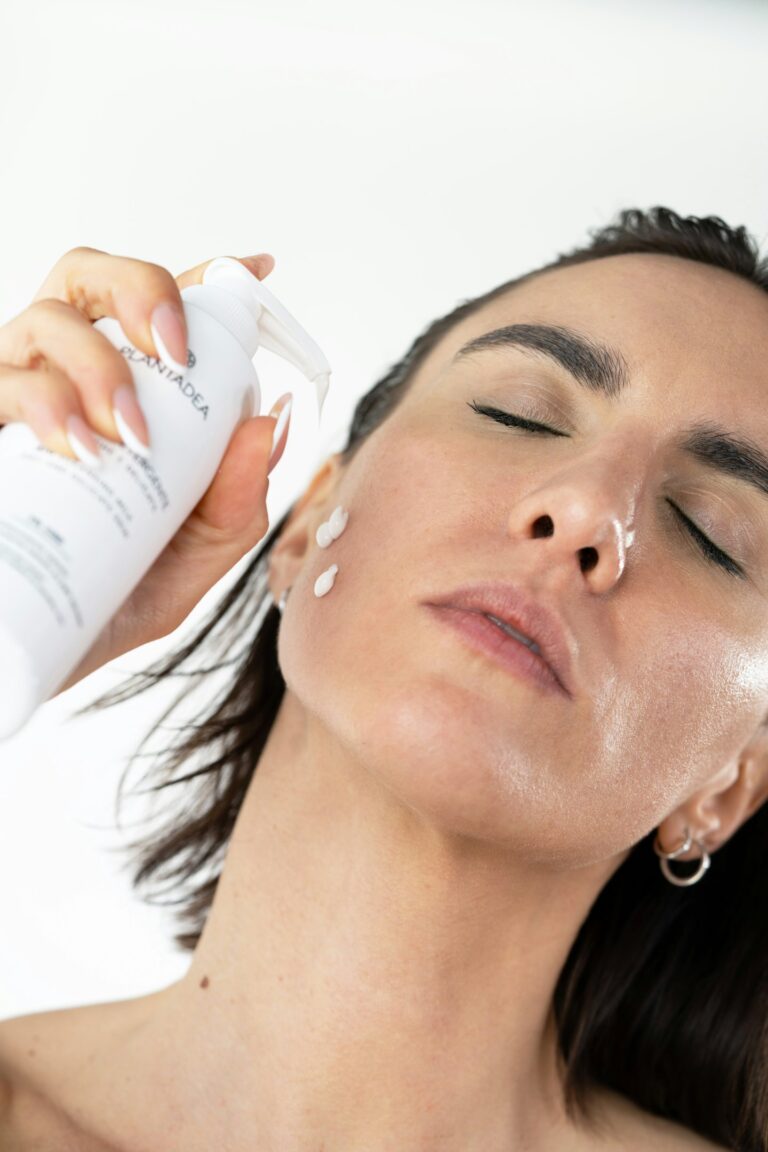The Ultimate Guide to Sunscreen: Your Skin’s Best Friend in 2025
A complete roadmap to the ultimate guide to sunscreen. Know how to pick the best sunscreen for face, SPF protection and skin cancer prevention tips.
Sunshine lifts your mood but those rays can harm and damage your skin without protection. Whether you are lounging by the pool or grabbing groceries, sunscreen is your skin’s super hero. This guide to sunscreen covers everything you need to know to keep your skin safe and radiant, from choosing the right SPF to applying it correctly.
Feeling lost with terms like broad-spectrum or water-resistant sunscreen? No stress! We’ll break it down, clear up myths, and share simple tips to make sun protection easy. Let’s jump in and keep your skin glowing.
Why Sunscreen Is a Must for Healthy Skin
UV rays hit your skin daily when exposed to sunlight, causing sunburn wrinkles and even skin cancer. Slipping on sunscreen is like giving your skin armor. A quality formula like one designed for sensitive skin, or a broad spectrum option blocks those harmful rays and keeps your skin youthful.
Understanding UV Rays
- UVA rays speed up your aging, leading to wrinkles and spots.
- UVB rays cause burns and raise skin cancer risks.
- Broad-spectrum sunscreen shields against both so always read the label.
Picture UV rays as tiny lasers zapping your skin. Without a barrier, they build up damage to skin over time. That is why daily sun protection matters, even when it is cloudy.
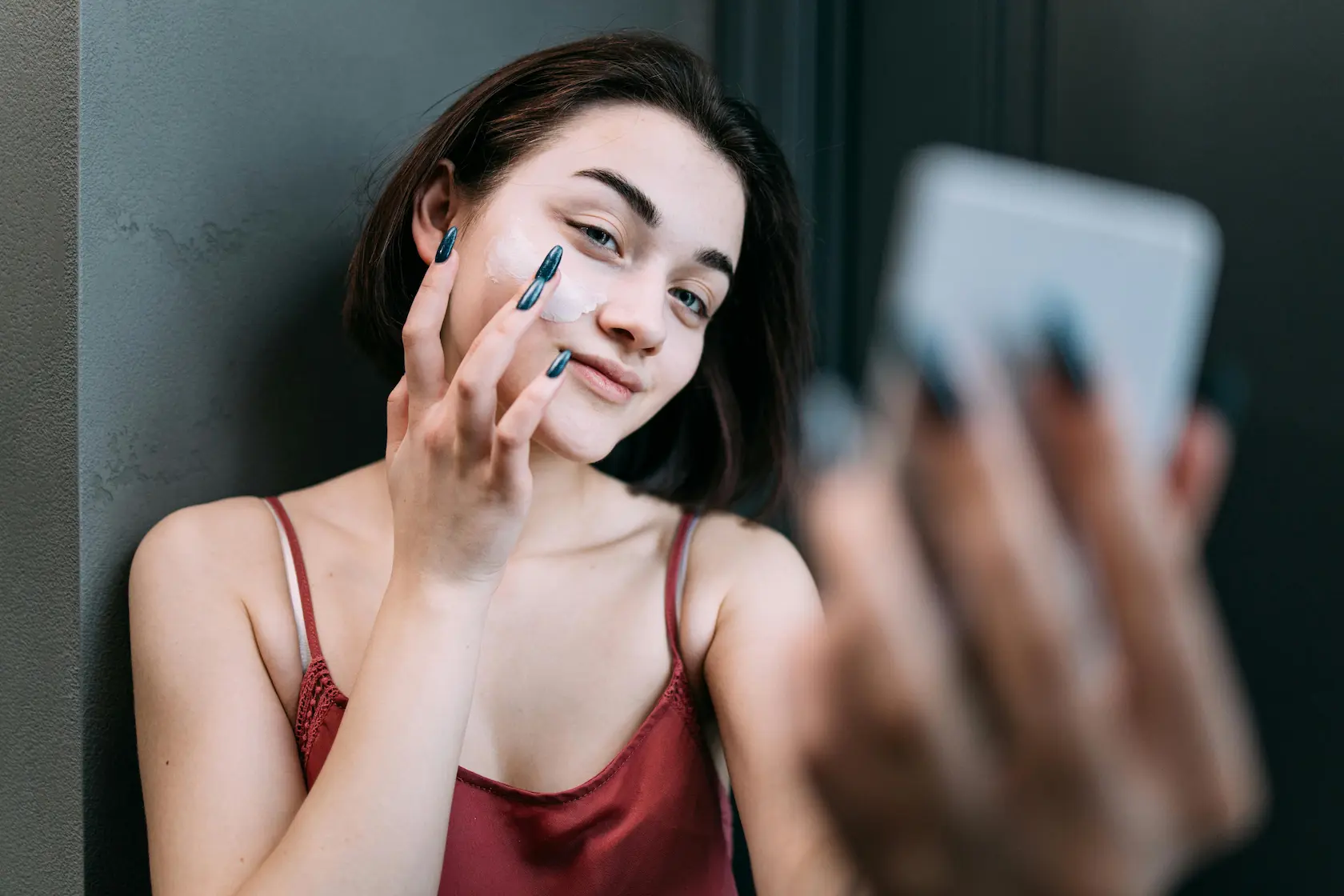
Image Credit: Ivan Samkov
Sunblock vs Sunscreen: Know the Difference
You have heard “sunblock” and “sunscreen” used interchangeably, but they work differently. Sunscreen soaks up UV rays, while sunblock bounces them off your skin. Both of them provide solid UV rays protection, but your skin type and activities matters and decide which is best.
Mineral vs Chemical Sunscreen
Here are the complete details:
- Mineral sunscreen (think zinc oxide or titanium dioxide) sits on top, reflecting rays. It is gentle and perfect for rosacea-prone skin.
- Chemical sunscreen (like oxybenzone) absorbs rays before they harm you. It is light but may irritate some people.
Do you wish to know more details? Read about physical vs chemical sunscreen to pick your perfect match.

Image Credit: Unsplash
Finding the Best Sunscreen for Face
Choosing the best sunscreen for your face can be a little tricky, but it is all about your skin’s needs. If you wear makeup, go for a lightweight formula that layers well like those listed in our post on sunscreens for makeup.
How to Pick the Right SPF
- SPF 30 or higher blocks 97% of UVB rays for daily use.
- Always look for broad spectrum sunscreen to cover both UVA and UVB rays.
- For pool or beach days, choose a water-resistant formula that holds up through splashes.
Do you have oily skin? Try a mattifying sunscreen. Dry skin? Pick a moisturizing one. Sensitive skin? Mineral formulas are always safest bet for you.

Image Credit: Apostolos Vamvouras
How to Apply Sunscreen the Right Way
Applying sunscreen is not just about dabbing it on. Doing it perfectly maximizes SPF protection. A friend once got a bad burn because she skimped on sunscreen. So you do not make that mistake.
Steps for Perfect Application
- Use two finger lengths (about 1/4 teaspoon) for your face and neck.
- Just apply it as the final step in your morning skincare routine.
- Reapply every 2 hours if outdoors or after swimming or sweating.
Rub it in gently, hitting spots like your ears and neck. For a radiant look, pair it with a glass skin routine.

Image Credit: Mikhail Nilov
Decoding Sunscreen Ingredients
Not every sunscreen has the same ingredients. Knowing sunscreen ingredients helps you find a safe effective option. Some like zinc oxide, are kind to skin, while others like oxybenzone, might cause issues.
Key Ingredients to Look For
- Zinc oxide and titanium dioxide: Always look for Mineral based which is ideal for sensitive skin.
- Avobenzone: It is found in chemical sunscreens, great for UVA protection.
- Skip oxybenzone if you worry about irritation or environmental concerns.
Want eco friendly picks? Learn more from WebMD’s sunscreen tips.
Sunscreen and Skin Cancer Prevention
Sunscreen does more than prevent burns as it is a weapon for skin cancer prevention. With skin cancer on the rise, daily sunscreen lowers your risk. Combine it with hats and shade for extra safety.
Sun Safety Tips
- Use sunscreen daily, even indoors as UVA rays slip through windows.
- Watch for dark spots or mole changes and visit a dermatologist if needed. See tips on fading dark spots.
- Choose a water resistant sunscreen for outdoor adventures.
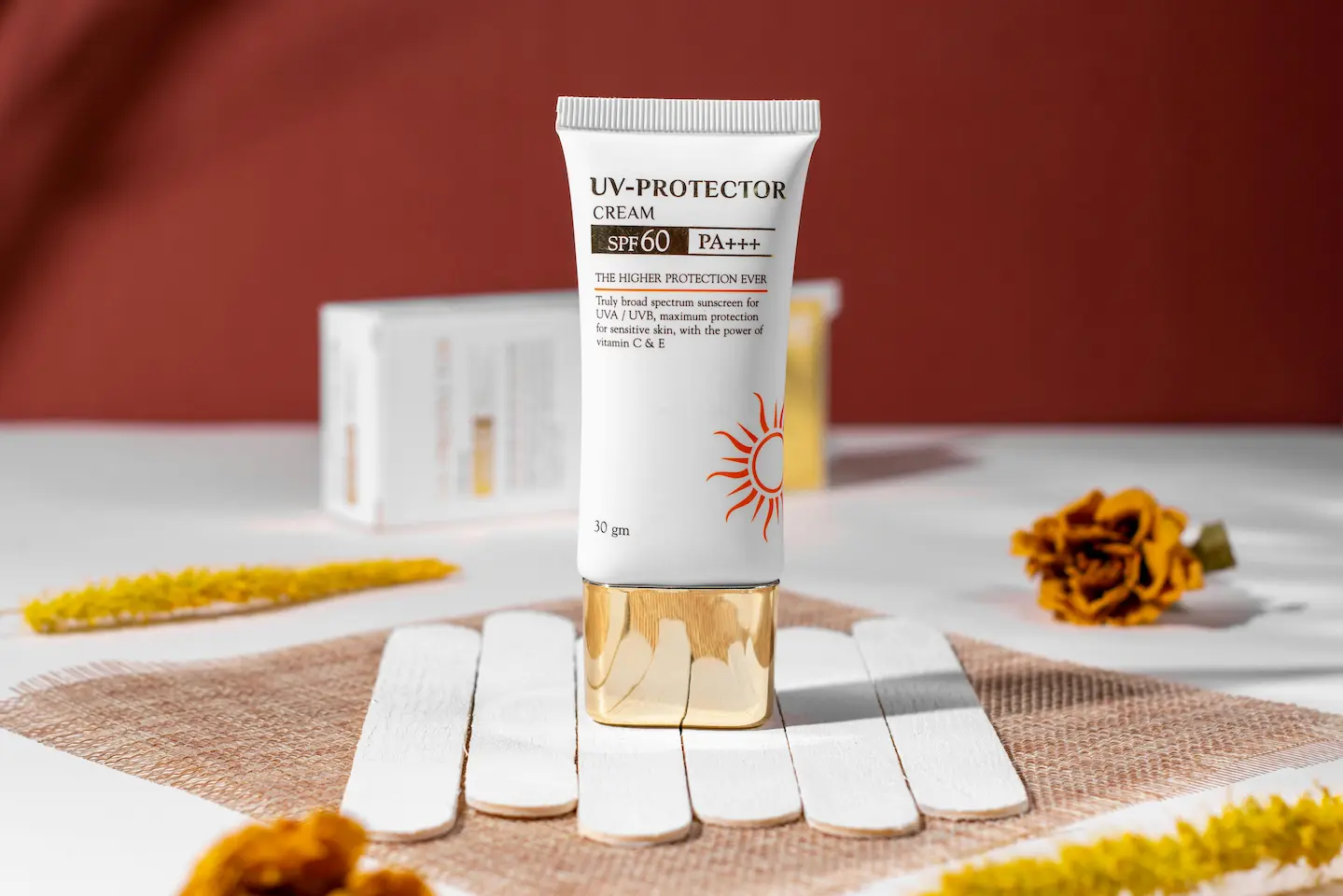
Image Credit: Qamar Rehman
FAQs About Sunscreen
Q1: What’s the best sunscreen for sensitive skin?
A: Mineral sunscreens with zinc oxide or titanium dioxide are less likely to irritate most people. Try formulas made for sensitive skin for top options.
Q2: What SPF is enough for daily use?
A: SPF 30 blocks 97% of UVB rays which is perfect for most days. For long outdoor time, use SPF 50 and reapply often.
Q3: Can I wear sunscreen under makeup?
A: Absolutely true, you can! Pick a lightweight, non greasy formula. Find great choices in our post on sunscreens for makeup.
Q4: Are pricey sunscreens worth the cost?
A: Not always! Much affordable options can perform just as well. See our favorite budget-friendly sunscreens for quality picks.
Conclusion
Sunscreen is your skin’s shield against UV rays aging and skin cancer. From finding the best sunscreen for face to mastering how to apply sunscreen, this guide to sunscreen has all the tips you need. Whether you splurge on a luxury formula or stick to an affordable pick, just make sun protection a daily habit. Your skin will glow for it!
Want insider access to the latest sunscreen product recommendations and glow boosting tips?

Disclaimer: This article may contain affiliate links. If you click and purchase, we may earn a commission at no extra cost to you. As an Amazon Associate, we earn from qualifying purchases.

